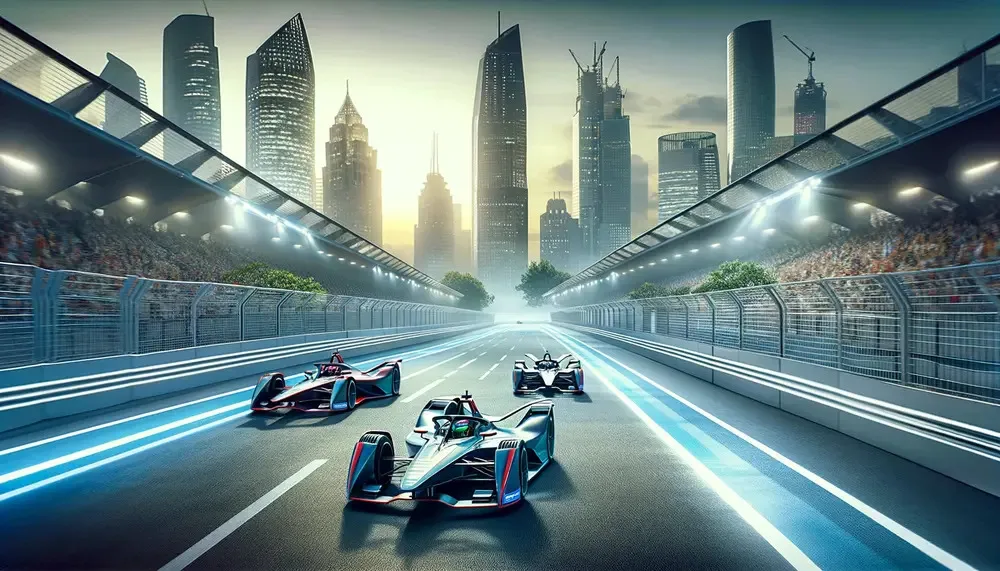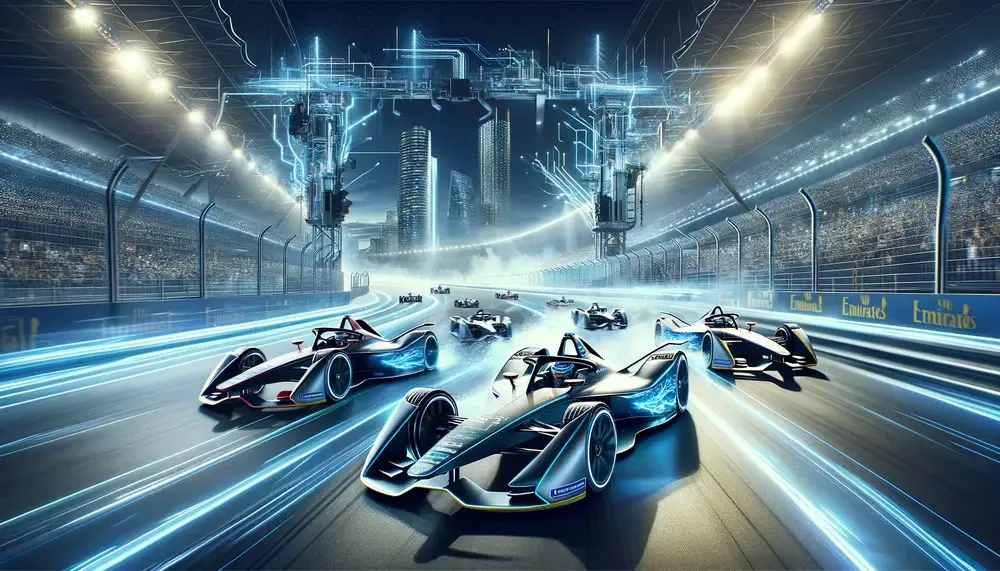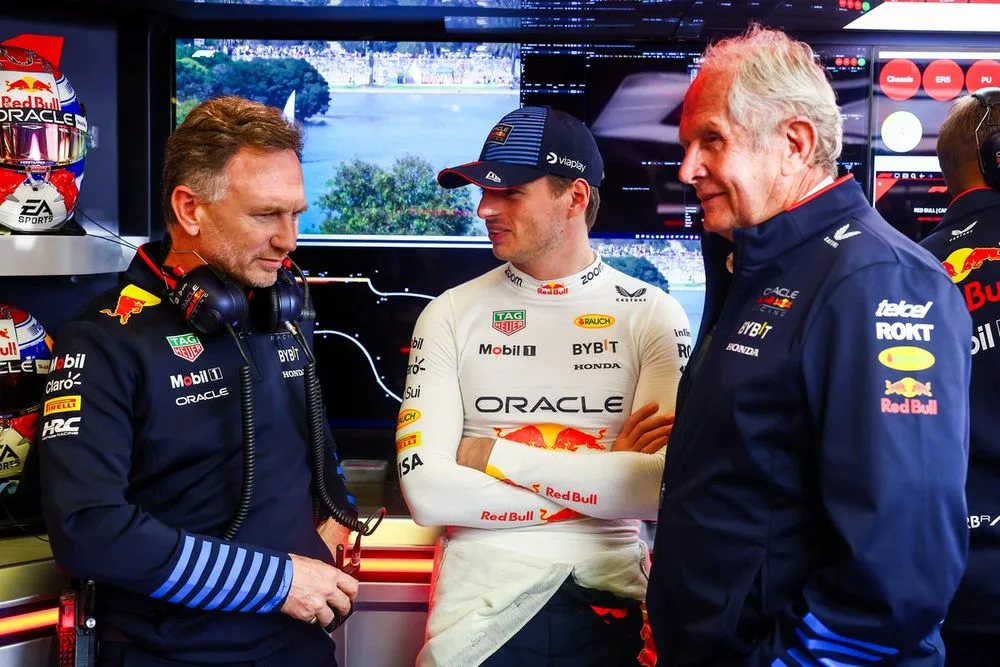
The Rise of Electric Sports: How Formula E is Shaping the Future of Racing
In the realm of motorsports, a revolutionary change is underway. The roar of engines is becoming a whir as electric sports, led by the Formula E series, carve a path toward a sustainable future. Since its inception, Formula E has not only challenged the conventions of racing but also offered a glimpse into the potential of electric mobility. This article explores how Formula E is influencing the future of racing, pushing technological boundaries, and promoting environmental stewardship.
The Genesis of Formula E
Formula E was born from a vision of sustainable racing, conceptualized by the FIA (Fédération Internationale de l’Automobile) as the world’s first all-electric international single-seater championship. Its inaugural season in 2014 marked a significant milestone in the history of motorsports, introducing a new era where performance and efficiency converge. The series was designed to showcase the prowess of electric vehicles (EVs) and catalyze progress in EV technology.
The Evolution of Formula E
Over the years, Formula E has undergone substantial evolution. The introduction of the Gen2 car, with its enhanced battery life and improved performance capabilities, eliminated the need for mid-race car swaps—a pivotal advancement. Moreover, Formula E has become a battleground for testing and developing new technologies, with the regenerative braking system being a notable example that captures energy during braking. This relentless pursuit of innovation reflects a commitment to excellence and sustainability, much like the dedication to responsible gaming promoted by entities offering a 7melons casino bonus in the realm of online entertainment.
Impact on Automotive Technology
Formula E serves as a high-speed laboratory for EV technology. Its rigorous racing conditions provide invaluable data for manufacturers, accelerating advancements in battery efficiency, powertrain performance, and energy management systems. These developments have a direct impact on consumer electric vehicles, enhancing their range, reliability, and appeal. Automakers like Audi, BMW, and Mercedes-Benz leverage their participation in Formula E to refine their EV offerings, signaling a future where electric mobility is the norm.
Environmental and Social Implications
The environmental benefits of Formula E extend beyond the racetrack. By showcasing the capabilities of electric vehicles, the series promotes a shift towards clean energy, contributing to the reduction of CO2 emissions and air pollution. Additionally, Formula E races, often held in city centers, highlight the potential for electric vehicles in urban environments, encouraging public adoption and supporting the transition to sustainable urban mobility.

Formula E vs. Traditional Motorsports
While Formula 1 remains the pinnacle of motorsport in terms of speed and popularity, Formula E is carving out its niche by emphasizing sustainability, innovation, and accessibility. Unlike Formula 1, Formula E races take place on street circuits, bringing the action to city centers and engaging a wider audience. The series also emphasizes fan interaction, with features like Fanboost, where fans vote to give drivers a temporary power boost, illustrating a forward-thinking approach to spectator involvement.
The Future of Formula E and Electric Racing
As Formula E continues to grow, it stands at the forefront of a broader movement towards electric sports. The series is set to introduce the Gen3 car, promising even greater performance and efficiency. Furthermore, the success of Formula E paves the way for electric competitions in other disciplines, from motorcycle racing to powerboating. The future of racing is electric, and Formula E is leading the charge, proving that high-octane thrills and environmental consciousness can coexist.
Conclusion
Formula E’s impact on the world of motorsports and beyond is profound. Through its commitment to innovation, sustainability, and inclusivity, it is not just shaping the future of racing but also influencing the automotive industry, urban mobility, and environmental policies. As electric sports continue to ascend, Formula E stands as a beacon of progress, driving positive change and redefining what is possible in the electric age.



